Blog • Understanding Publishing
Last updated on Sep 07, 2022
What is a Beta Reader? How to Find and Work With an Author’s Best Friend
A beta reader is someone who reads a book manuscript with an eye towards providing feedback for the author. Though beta readers are not editors or professional critics, they can play an important role in helping the author improve the work by pointing out errors, plot holes, inconsistencies, or unclear passages.
Betas may be friends or acquaintances of the author, or strangers who know their book’s genre well. In this guide, we’ll demystify what they do, how you can find the right beta readers for your book, and how you can work with them constructively.
Beta readers act as a test audience
Your betas should regularly read and enjoy books similar to yours — familiarity with your genre will help them point out played-out tropes they feel have been overused, or key elements missing from your story. Essentially, your ideal betas are representative of your target audience.
Free course: How to find your target readers
Learn all about ideal readers and comp titles in this 10-day online course. Get started now.
Looking for readers with a better understanding of your subject matter can also help. You might consult people who have worked in a profession featured in your book (e.g. finding a detective to beta read your police procedural novel) or a sensitivity reader to ensure that any depictions of marginalized groups or cultures are accurate and sensitively portrayed.
They can’t replace a professional editor
While beta readers are a form of quality control at an earlier stage of the writing process, you should not rely on them to do the job of a professional editor.
This is how the writing and editing process typically goes:
- First, you take your manuscript through several rounds of self-editing;
- When you’re happy with it, you share it with a few beta readers and/or sensitivity readers;
- With as much of the revision work completed as possible, you submit it to an editor.
If you are self-funding your edit, it’s crucial that you take your manuscript as far as you can before you bring in the professional editor. This way, you won’t waste their time (and your money) fixing simple issues you (or a beta reader) could have spotted earlier. Instead, your editor can focus on really fine-tuning your manuscript for querying or publication.
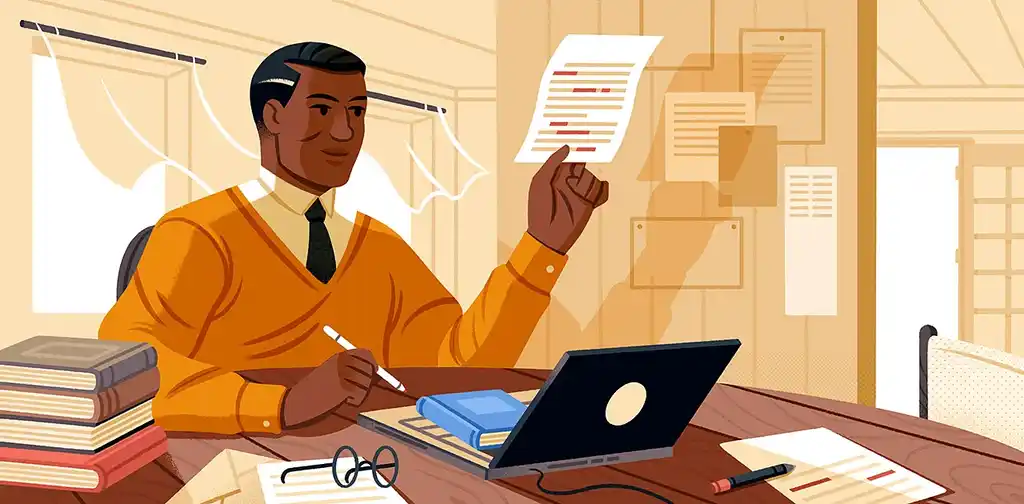
MEET EDITORS
Polish your book with expert help
Sign up, meet 1500+ experienced editors, and find your perfect match.
To start with, you should look at getting an editorial assessment or a full developmental edit. If you aren’t sure which type of editing you need, that’s no problem: just take our short quiz below.
🖋️
What kind of editing does your book need?
Takes one minute!
We’ve established that betas aren’t the same thing as editors — so let’s also address some other groups they’re often mistaken for.
They’re different to alpha readers, proofreaders, and critique partners
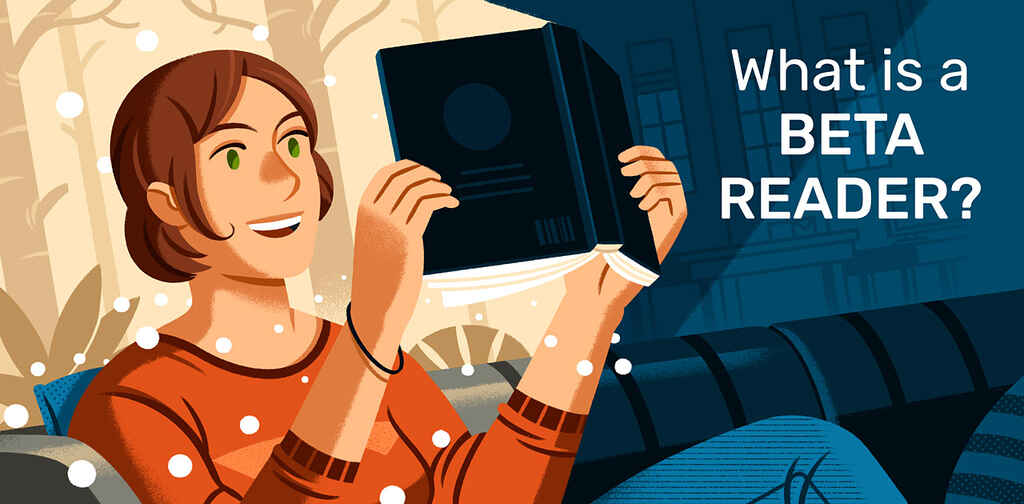 Just to be clear, beta readers are not the same thing as alpha readers, proofreaders, or critique partners.
Just to be clear, beta readers are not the same thing as alpha readers, proofreaders, or critique partners.
An alpha reader is the first person who reads and provides feedback on your manuscript, usually while it’s still a first draft. Alphas are often spouses or close friends — the people a writer might informally consult while they’re still writing their book. They precede beta readers in the writing process, hence the alphabetical naming.
While they might point out stylistic inaccuracies or typos, beta readers are also definitely not proofreaders. The draft they read is still at an early stage, so even if they offer, you should discourage them from proofreading your book — this should be done by a professional proofreader right before publication.
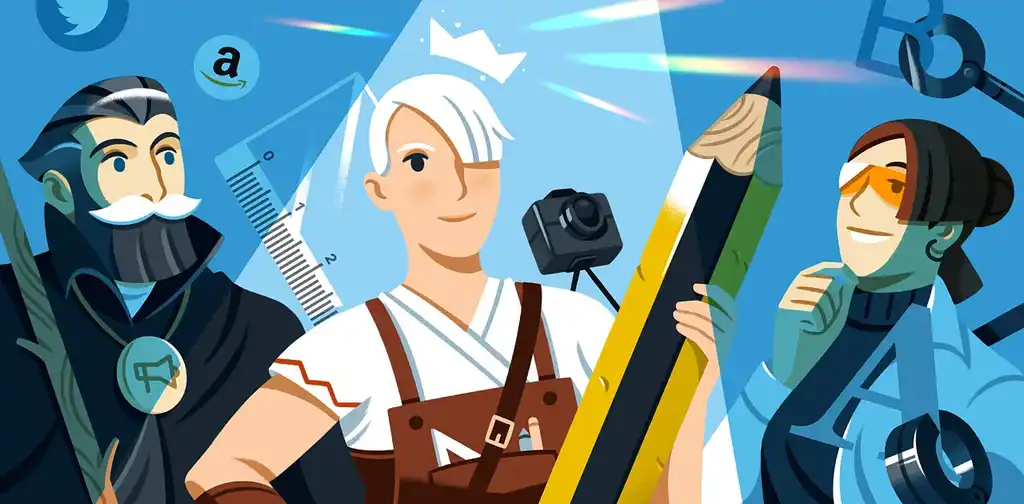
MEET THE BEST PUBLISHING PROFESSIONALS
Polish your book with expert help
Sign up to browse 2000+ experienced editors, designers, and marketers.
Finally, beta readers also differ from critique partners, as the former review the book from the readers’ perspective, while the latter look at a manuscript from the perspective of a writer, paying close attention to any craft issues.
🖊️
Which famous author do you write like?
Find out which literary luminary is your stylistic soulmate. Takes one minute!
Now that we’re clear on what betas do, let’s talk about how you might look for them.
Beta readers can be found online or through personal connections
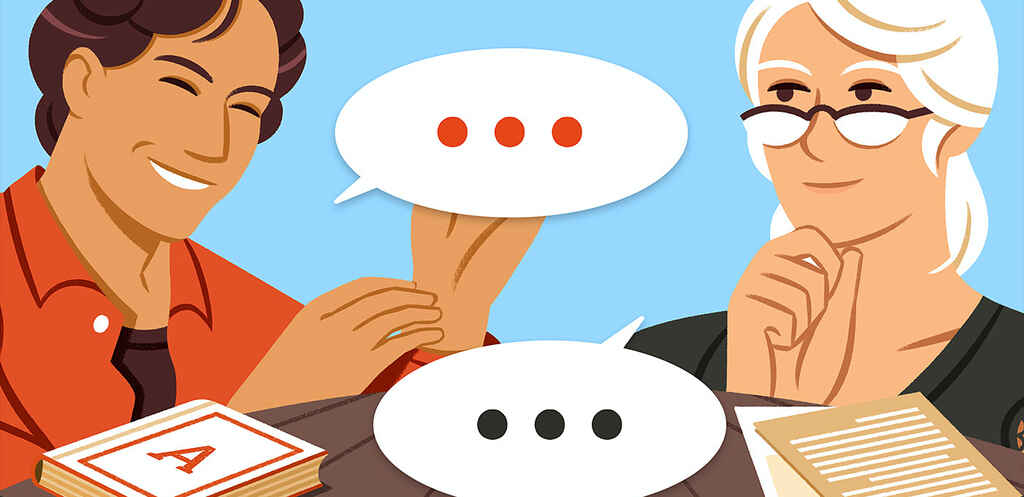 One way to find beta readers is to post on online writing communities and forums, asking if anyone would be interested in reading and giving feedback on your work. Another way is to reach out to friends or family members who you think might be interested and willing to help you out.
One way to find beta readers is to post on online writing communities and forums, asking if anyone would be interested in reading and giving feedback on your work. Another way is to reach out to friends or family members who you think might be interested and willing to help you out.
For the most honest, candid, and potentially useful feedback, you’re best off looking outside your personal network. So start by browsing writing communities before you examine the rest of your options.
Psst... getting involved with writing communities will also be important when you're marketing your release. For more insights on how to market your book, check out this course:
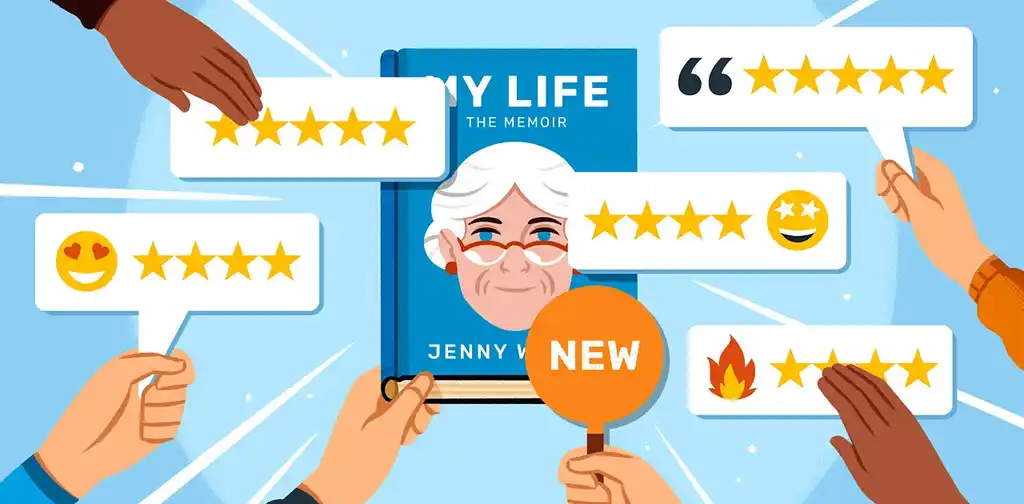
FREE COURSE
Book Marketing 101
Learn seven tried-and-true strategies for boosting book sales.
Writing communities
Online writing communities are ideal places to search for beta readers for your book, because the people who frequent writing communities will get it. Other writers who are also in the process of finishing up their manuscript will likely be looking for betas, too, and you can simply swap manuscripts and get the job done. Check out:
👥 Absolute Write Water Cooler — while this forum might seem like a bit of a maze at first, the Beta Readers, Mentors, and Writing Buddies boards have been a meeting place for authors and beta readers for years.
👥 Beta Readers and Critique Partners Facebook Group — this group has over 24,000 members and is moderated by a team of dedicated individuals who keep it spam-free.
👥 Nathan Bransford’s Forum — another beta-author matchmaking site, helmed by Nathan Bransford, author of How to Write a Novel.
👥 Goodreads Beta Reader Group — this 3,000 member group also allows you to ask for beta volunteers.
👥 10 Minute Novelists Facebook Group — a group for writers with big dreams, and small amounts of time.
Local writing groups can also be great — finding these is as easy as typing “writers’ group [location]” into Google. As a bonus, people are more likely to meet your deadlines when they can’t avoid seeing you face-to-face. Give it a go!
Your author mailing list
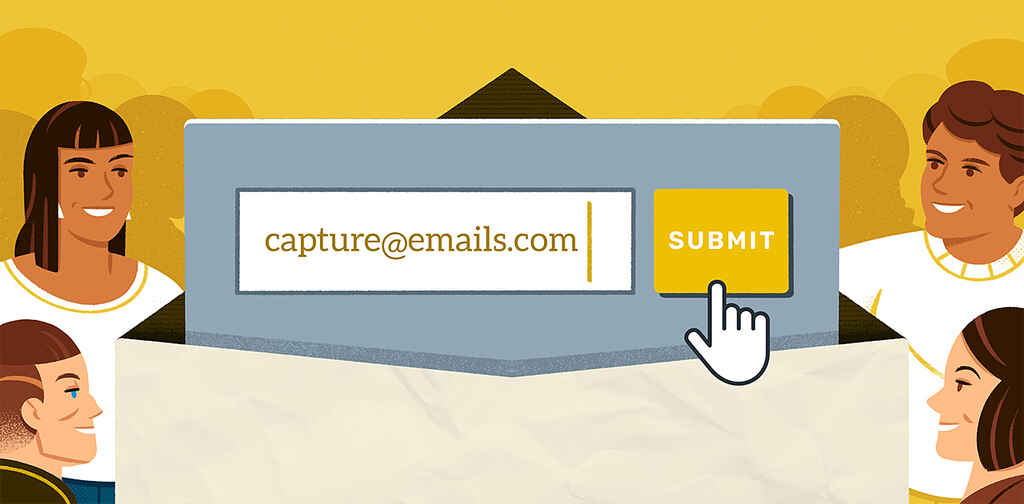 Have you set up a mailing list and promoted it on your author website and other online platforms yet? In your newsletters, give people the option to sign up as a possible beta reader. In exchange, you can offer them a free copy of the final published title and an acknowledgment in your book.
Have you set up a mailing list and promoted it on your author website and other online platforms yet? In your newsletters, give people the option to sign up as a possible beta reader. In exchange, you can offer them a free copy of the final published title and an acknowledgment in your book.
Find out how to set up your email list in our free course:

FREE COURSE
How to Build Your Author Mailing List
Learn how to connect with your audience and sell more books with email.
Your personal network
You might have connections with fellow authors, either via social media or from attending conferences/meet-ups. Don’t be shy: ask them nicely to help with beta reading. At worst, you’ll get a: “No, thanks” or “Maybe next time.” An extra tip here: don’t be pushy.
These unpaid arrangements are the one most commonly used by indie authors, as beta readers often thrill at the idea of being part of someone else’s creative process. All they might want in return is a free copy and a mention in the acknowledgements page of your book. (That being said, if you struggle to find volunteers, there are also professional beta readers available for hire.)
So, once your beta readers have agreed to tackle your book, how do you make sure the feedback you get is useful?
You can give your beta reader guidance
You can give beta readers some pointer questions to make sure they address any elements or specific areas of your manuscript you aren’t sure about. Here are a few suggestions:
- Does each scene flow naturally into the next?
- Did you feel there were any areas that skipped over information?
- Can you see the action clearly while reading?
- Can you see the characters clearly while reading?
- Does the dialogue sound natural and realistic?
- Do your characters behave naturally?
- Who is your least favorite character and why?
- What’s your favorite part and why?
- Did you have a least favorite part? What is it and why?
If you have very specific questions (e.g. “Does chapter 5 feel out of character for the protagonist?”) you can share them with your beta in advance, so they might bear them in mind as they read. But don’t inundate them with all your questions in advance of their first read. Let them read with as little bias as possible, then have an in-depth chat with them later. Either way, don’t be afraid to steer the conversation where you feel it’ll be most helpful.
Finally, make sure you agree on a deadline for them to provide feedback. If your beta reader is helping you out of the kindness of their heart, you might hesitate to do that. But as long as you are flexible and reasonable, your beta readers will appreciate knowing when you’d like their feedback — and it’ll help you plan ahead, too.
Consider your beta readers’ feedback carefully and with openness — these volunteer readers are helping you succeed, so be thankful for their time and effort. Writing a good book really takes a village!


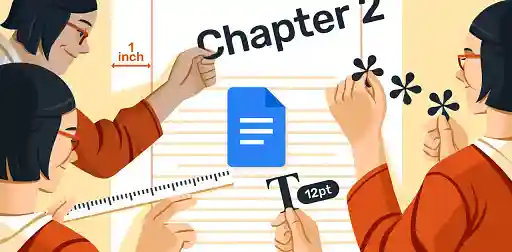
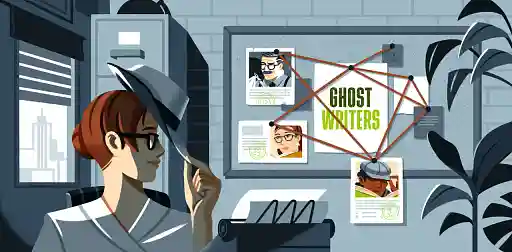
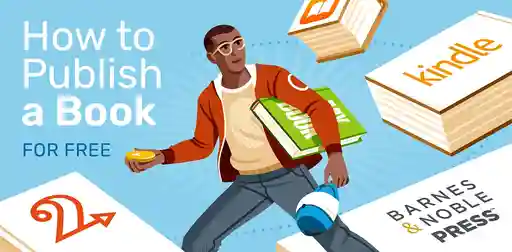
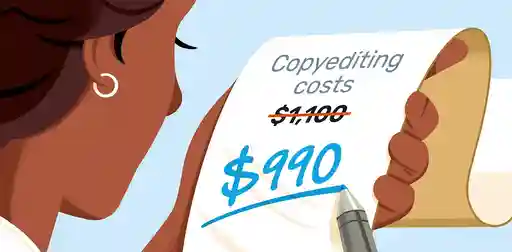

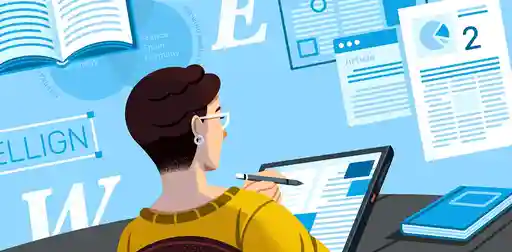
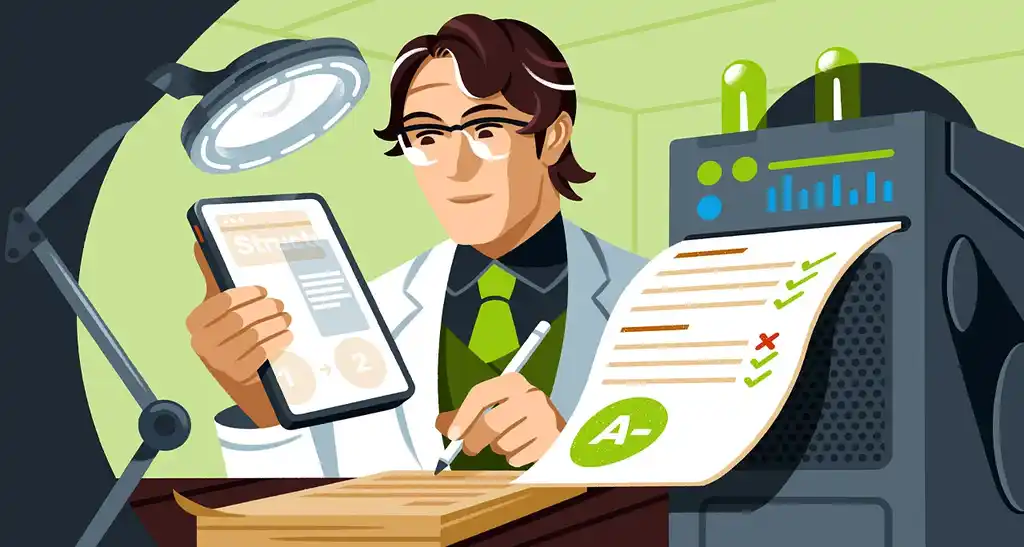

4 responses
Bradley Harper says:
26/01/2017 – 22:17
I had one alpha reader who did me the favor of tearing it apart. You need that. She is a member of Mensa and has helped other writers, so she was a gold mine. Once I nursed my ego, I wrote it again, and sent to a couple of friends who read almost a book a day. again, great feedback. The book got better. After that I sent to regular readers. I had specific questions for them. More feedback. More revisions. Now an agent looking at it. I have made one revision based on her feedback, and she is re-looking it now. I would not have gotten to this well, "place," without the feedback I got all along the way. My first novel, I went from an idea to here in 2.5 years. It can be done. But if it takes a village to raise a child, it took a tribe to write my book. Love every one of them, and acknowledge their labor of love, to get you there. Und Herr Leon, Congratulieren! Ich war sechs jahre im Heidelberg. Ich habe my Herz in Heidelberg verloren, aber mein Bauch gefunden!
↪️ Gilbert David Leon replied:
05/02/2017 – 21:57
Glad we made the same experience, however I hope that with the number of books I write the lead time to publish a book. I'm a big fan of the 10,000 hours theory. And yes I agree, food in Heidelberg is awesome. Cheers, Gilbert
↪️ winfred replied:
10/05/2018 – 17:43
Hi Bradley! What is the name of the alpha reader you had who was a Mensa member? I have a novel 188,000 words and looking for a beta reader. I sort of understand what an alpha reader is, but would she do beta reading? I need someone who is not apprehensive reading my length of novel. The problem is I can only afford about $200.
↪️ Bradley Harper replied:
10/05/2018 – 18:14
My Alpha is a personal friend. I recommend Amandanicoler on Fiverr. I used her to critique my second book. (I got a two-book deal, book cover for book one, coming out Oct 2 is below.) She provided a professional easy-to-read report addressing both global issues and specific scenes. I gave her a hefty tip, I was so pleased. Basic charge was $60. https://uploads.disquscdn.com/images/add02a14ab73fe2d8c2c50a98ba7978620a2efb691511bd65a2dacd22f5345bf.jpg